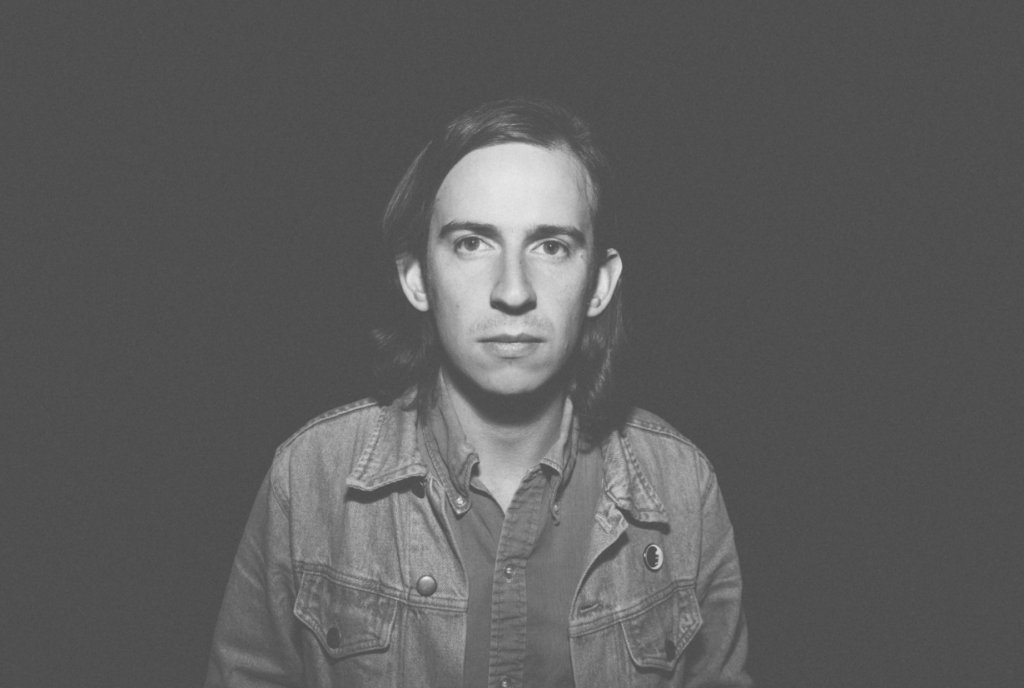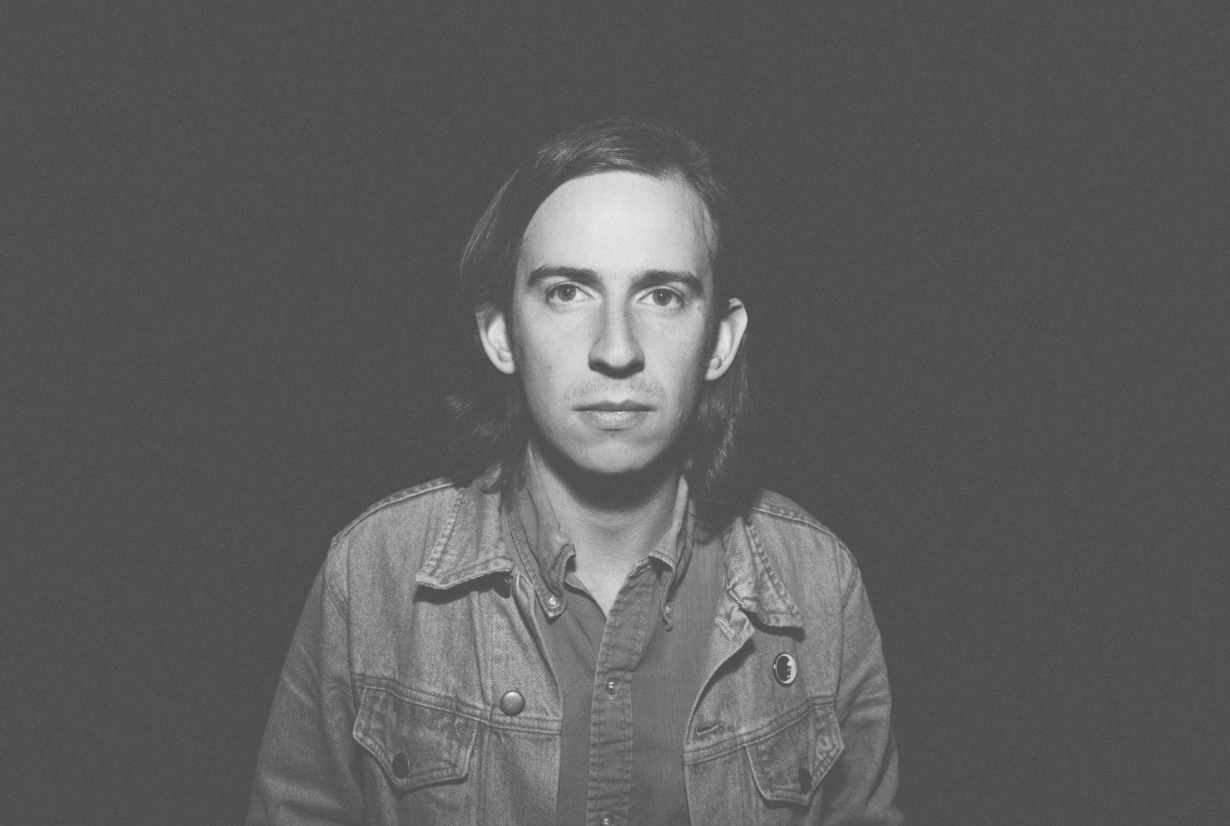An Interview With Adam Torres
Adam Torres released Pearls To Swine in September and it is one of the most hauntingly beautiful albums I’ve heard in a long, long while. He sings at this high, evocative pitch, which I would compare to someone to give you a sense of it, but every comparison is slightly off. Rayland Baxter, Richard Manuel, Jeff Buckley, Dylan Leblanc–these guys are all explore similar vocal territory, but he’s not like any of them. That is to say, what he’s doing is unique.
Lyrically, the songs are both spare and vast; they’re economical, the way the best poets and short story writers cause strong responses with only a few words. Perhaps part of why the songs feel big is that they describe and situate the listener in landscapes that stretch and loom, reminding us of how magnificently small we are, each and all, and how awed we can be if we simply pay attention.
I had the great privilege to talk with Adam just before he hit the road on tour. He’s coming to Portsmouth next week at 3S Artspace, on October 21, so get out there.

RLR: From the start, your voice and style of singing is unique. How did you find you could sing this way–was it hearing other people, playing and harmonizing with others, or is that just how you sing?
AT: It’s a conscious decision related to the idea of finding a place as a singer. It comes in part from being exposed to so many voices, as a listener of singers. I’ve known for a while that I can kind of sing high and change the timbre and inflection of my voice pretty dynamically. I can’t only sing high, but on this record, it’s a balancing of the spectrum of frequencies. There are two worlds: one is the textured, prominent percussion, and all the songs sort of start there, and then on top are these high duets between the violin and vocals. I really wanted this albums to feel spacious, and wanted the vocals to be hanging in air.
RLR: It’s cool to describe the relationship between the vocals and violin (played beautifully by Aisha Burns) as a duet on the album. How did that come about?
AT: It kind of happened intuitively. We played these songs on a tour before we recorded them. So in order to play on tour, I sent Aisha demos that were just vocals and acoustic guitar, and she, in this very masterful way, wrote melodies and counterpoints.
RLR: You released Nostra Nova ten years ago and then took some time away from formally releasing music. How did that time away from making music full time impact how you approach your work as a musician?
AT: I haven’t followed a conventional path, so it’s hard for me to say what would have been different had I made a few more albums over the past ten years. But I like the idea of living my life in ways that doesn’t conform to what might be expected of me. My experiences doing things outside of music influenced me to make this record–and the experiences I’ve had show up on the album, at least to me.
This album is just a pretty unconventional album. I sing really high. We recorded it to tape and mostly live. I feel like that might go hand in hand with my life experiences being really different than other people in the independent music world. The themes and motifs on the album exist because I’ve traveled, lived in weird places, moved around a little bit. There was a time when it didn’t interest me to play live and record music anymore, because, quite honestly, the music industry just disgusted me.
RLR: It must be challenging to look at this industry and deliberately step back, knowing that you have something to share.
AT: When I stepped away ten years ago, I just saw this coldness in the industry where music gets commodified and pitched by hipsters. On this album, I wanted to make a record that is in tune with how I feel about music and how it should be recorded. It’s not something instantly marketable.
RLR: Some of the songs on Pearls to Swine are also on your daytrotter session from 2014. How long have you been living with some of these songs and how have they evolved over time?
AT: Some of them for years. I get to a point with songwriting when I have too many songs, and many of them don’t make sense on an album. I’ve written hundreds of songs, most of which I wouldn’t want to share. But a song like, “Mountain River,” I recorded a version in Ecuador in 2011. So that’s five years ago. Other songs I wrote last year, like, “Morning Rain,” or “Juniper Arms.” It’s kind of hard to think of how it all fits together sometimes.
You can find more information about Adam at his website. Buy this album. Go see him live.

